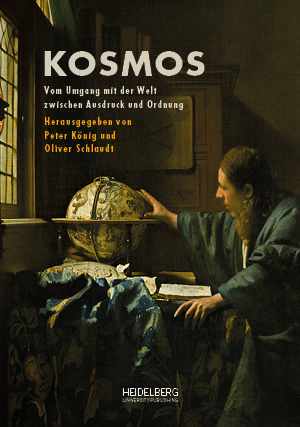How to Cite
Identifiers (Book)
Published
Beyond Analogy and Contingency: Giordano Bruno’s Infinity of Worlds
Abstract In the wake of Copernicus, the Italian philosopher and cosmologist Giordano Bruno (1548–1600) posits an infinite cosmos and an infinite number of worlds on the basis largely of arguments from sufficient reason, or that God, given his nature, could not have done otherwise. Bruno’s infinite cosmos, then, is not contingent, but unfolds by necessity. Further, this essay argues, instead of relying on analogy like most Renaissance cosmographers, Bruno embraces paradox, or the coincidence of opposites, to reconcile the extremely large and small in the universe. What results is a radically immanent, organicist, pantheistic, and decidedly non-Christocentric cosmos. Such a cosmos, Ernst Cassirer argues, is the supreme instance of ethical self-consciousness in Renaissance philosophy. In this manner, Bruno makes cosmological infinity emblemize the very freedom of thought that the Catholic Church wished to deny him.
Keywords Giordano Bruno; cosmos; infinity; analogy; contingency







